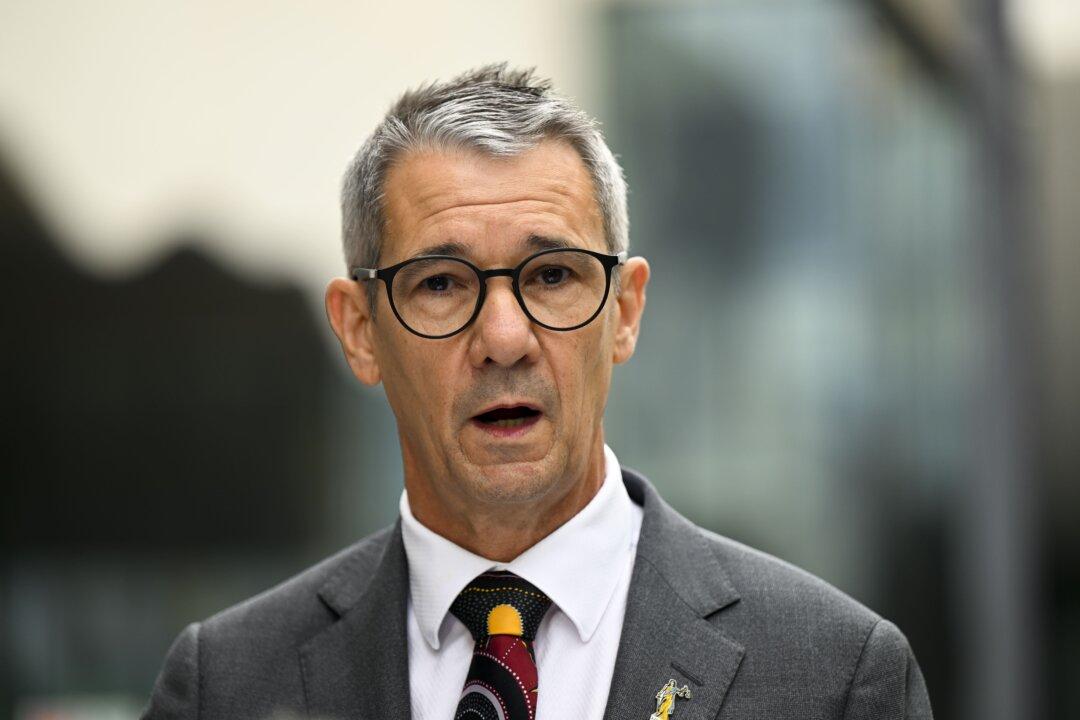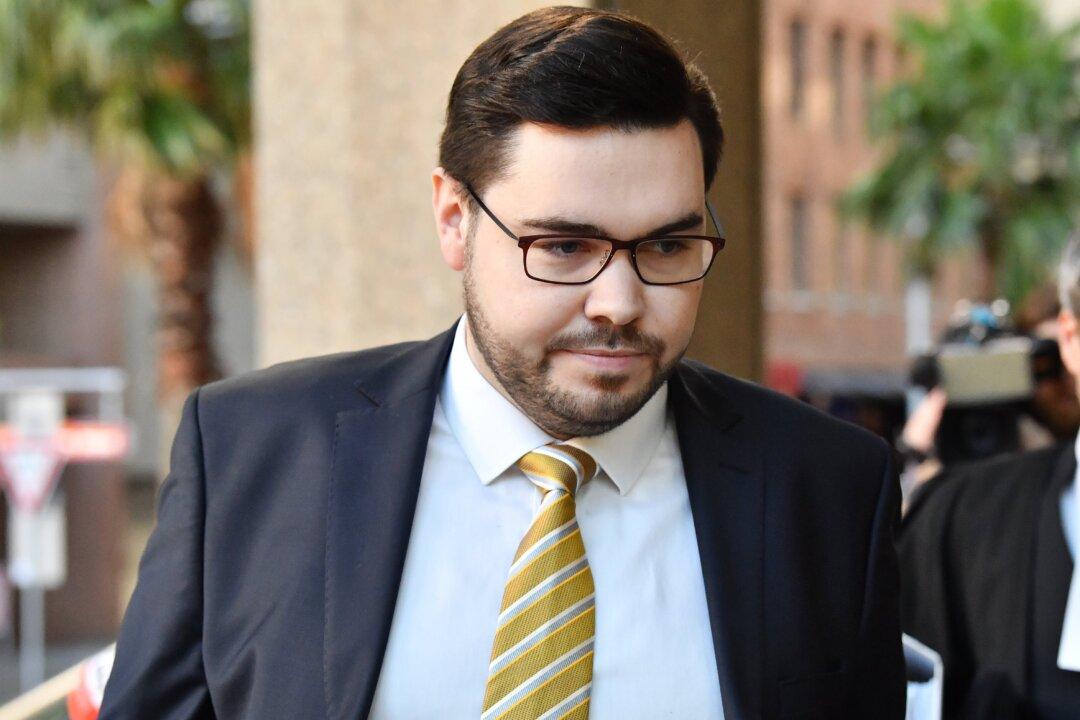Commentary
The recent resignation of Australian Capital Territory (ACT) prosecutor Shane Drumgold comes as no surprise. Commissioner Walter Sofronoff’s report on the ACT inquiry into the Britanny Higgins case offers a forensic analysis of the prosecutor’s “serious misconduct,” providing a firm basis for the ACT government to ditch him.





